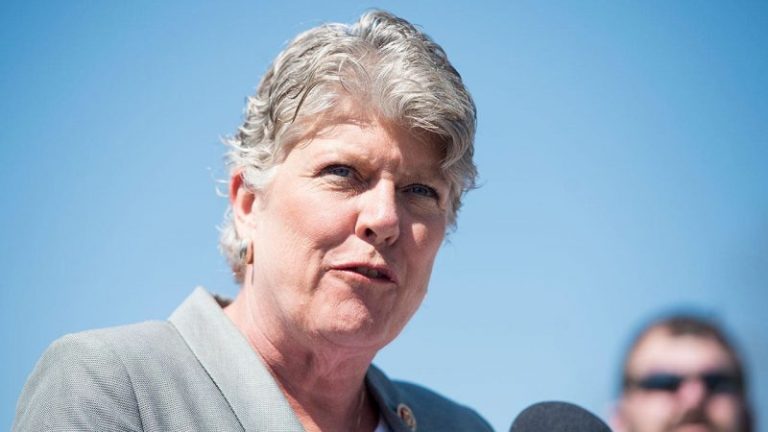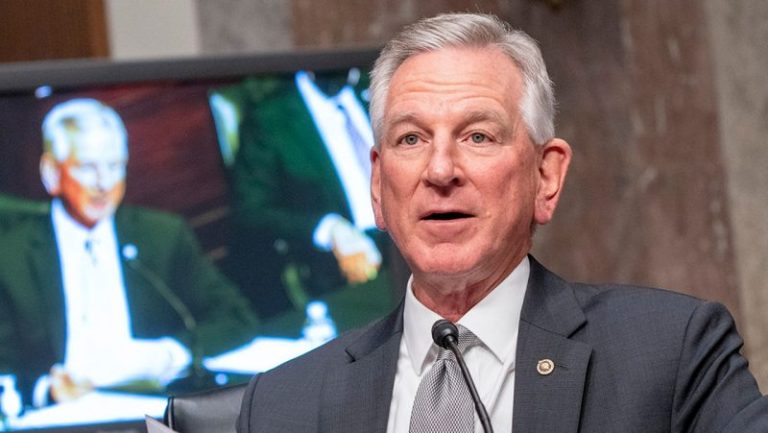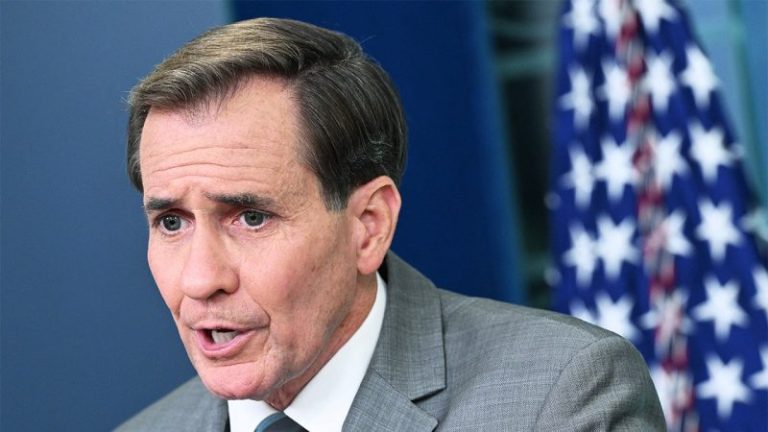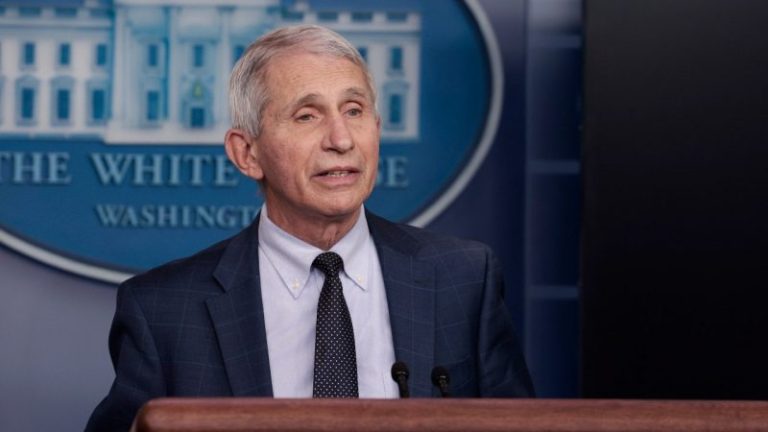Record-breaking heat and pockets of drought are baking farmland across the country, threatening crop yields and squeezing out any remaining wiggle room to cope with more extreme weather this summer.
Throughout the Sun Belt, an extended heat wave is sending temperatures soaring into the triple digits and risking heat stress to crops. At the same time, breadbasket states in the Midwest are struggling to manage a drought that’s affecting some areas for a second year in a row. Nearly two-thirds of Kansas is in severe, extreme or exceptional drought, according to the U.S. Drought Monitor, and about half of Missouri and Nebraska are in the same rough shape.
“As long as we have irrigation, we can keep up,” said Jay Reiners, who runs a farm outside Hastings, Nebraska. But “irrigation is meant to supplement Mother Nature, not replace Mother Nature,” he said. “It makes me really nervous.”
This year’s severe dry weather comes on the heels of last summer’s, when 60% of the Great Plains was under moderate to extreme drought. While Reiners’ 3,000-acre farm is mostly irrigated, it includes some dryland crops like corn and soybeans that are “holding on” but will “go backwards really fast” if more rain doesn’t arrive soon, he said.
“We didn’t have an inch of rain until I think May of this year, and we’ve only had a couple inches,” he said, “so we’re starting to feel the effects of the two-years-in-a-row drought.”
Industry experts say fresh July rains across much of the Midwest came just in time for many crops to recover from weather that analysts had warned could deal a historic blow to grain harvests.
As a result, grocery store shoppers aren’t likely to feel the pinch, said Nick Paulson, a professor in the agricultural school of the University of Illinois at Urbana-Champaign. A combination of crop insurance and the mix of economic factors that determine commodity prices mean weather-related impacts to crop yields typically “don’t end up translating into as large fluctuations at the retail and consumer level,” he said.
But “farmers are definitely not out of the woods yet,” Paulson cautioned. “We are entering a critical period for moisture, particularly for corn, as we get into the end of July and into August,” meaning rainfall levels in the weeks ahead will be decisive.
We’re living off surface moisture, as we call it — rain by rain, week by week.
Dan Basse, president of AgResource
Many growers are still “living off surface moisture, as we call it — rain by rain, week by week,” said Dan Basse, the president of AgResource, an agriculture advisory firm. At this rate, he expects corn and soybean yields to be off by only about 3% to 5% but warned that another dry spell would cause big trouble.
“It’s important that we don’t have any lasting heat and dryness — or any extreme heat for that matter — because crops have nothing in the tank to fall back on,” he said.
Predictable seasonal norms are becoming rarer, as evolving weather patterns disrupt agriculture in ways that are likely to worsen over time, according to the latest version of the National Climate Assessment.
Climate change, fueled by burning fossil fuels like coal, oil and natural gas, is expected to increase rainfall variability, raising the likelihood of crop failures from both drought and excessive precipitation. And while growing seasons could lengthen in many places, the increasing frequency of high nighttime temperatures risks adding stress to animals and denting crop yields.
In addition, the El Niño weather pattern is already in effect this year, bringing warmer temperatures on land and sea that can exacerbate extreme weather. A study published in Science in May estimated El Niño alone could cost the global economy around $3 trillion this year, with disproportionate impacts to energy and agriculture.
Farmers in Texas are accustomed to hot summers, but the severe heat wave rippling through the state brought high temperatures earlier than usual, said Russell Boening, who grows corn and sorghum and raises beef and dairy cattle south of San Antonio. After a cooler than normal spring, temperatures surged above 100 degrees in the first week of June.
Cotton plants, which typically thrive in high heat, on a farm in northwestern Texas, where temperatures have hit triple digits.Annie Rice / Avalanche-Journal / USA Today Network
“Is the climate changing? Yeah. I don’t think there’s much argument to that,” said Boening, who is also the president of the Texas Farm Bureau. “We see heat like this every year,” he said, but “normally it doesn’t come until the end of July to August.”
After rain this spring helped buffer his crops from heat damage, Boening said his main concern now is keeping his livestock and workers hydrated and safe as the blistering days wear on. “Is it going to last all the way through the end of August, or are we going to get some relief?” he said.
Climate change is flattening per-capita grain yields around the world, Basse said, “which is not a good thing.” As a result, producers will need to add 20 million acres of cropland within the next five years, he said, particularly with the war in Ukraine — a major grain exporter — disrupting supplies.
Is the climate changing? Yeah. I don’t think there’s much argument to that.
Russell Boening, President of the Texas Farm Bureau
“At the moment, the world is all looking at Brazil very closely” to help fill the gap, Basse said, as the country has been producing record cereal crops and is emerging as the world’s top corn exporter. “It’s kind of become the important gorilla in the room if you’re looking at global grain production.”
Extreme weather is scrambling the math for growers just about everywhere, he continued, citing back-to-back droughts in Europe and a severe one in Argentina that started last winter. Against this backdrop, the rain that finally hit the American Midwest earlier this month was a lucky break “that at least gives us breathing room,” Basse said. “For now, the U.S. has skated a disaster. It was looming.”
Some farmers say this year is already going better than 2022.
After harvesting only half his crops last year, Chris Tanner, who grows corn, sorghum and oats and raises cattle in Norton, Kansas, had been worried about a repeat crisis. By the first week of May, his wheat crop was barely as high as a Coke can, but the late spring rain has since helped it shoot up to a workable size. He’s now expecting an average harvest.
A stunted wheat crop, shown in early May, has rebounded after recent rainfall.Courtesy Chris Tanner
“We’ve learned, through conservation practices and stuff, how to protect the soil and water and utilize the cropping systems that we do to still raise food for a hungry world,” he said.
And in the Southwest, many growers aren’t taking extra measures, a spokesperson for the American Farm Bureau said, since irrigation and crop management practices in the region are already designed for summer temperatures exceeding 110 degrees for days at a time. Certain crops, such as cotton, thrive in high heat, the spokesperson said.
So far, Tanner expects commodity prices to hold steady this year, but he said he feels for growers in worse-off areas nearby.
“Being farmers, you’re an eternal optimist — or try to be — and you plant seeds in the ground and take care of them,” he said, “then watch the environment just wither your livelihood away.”










